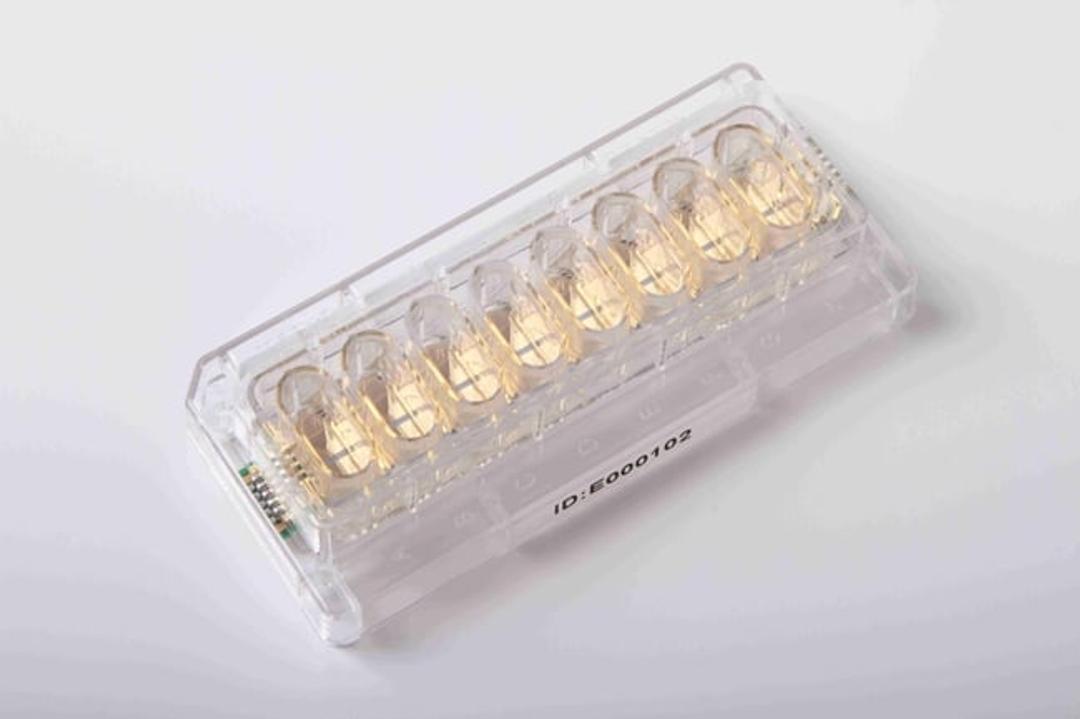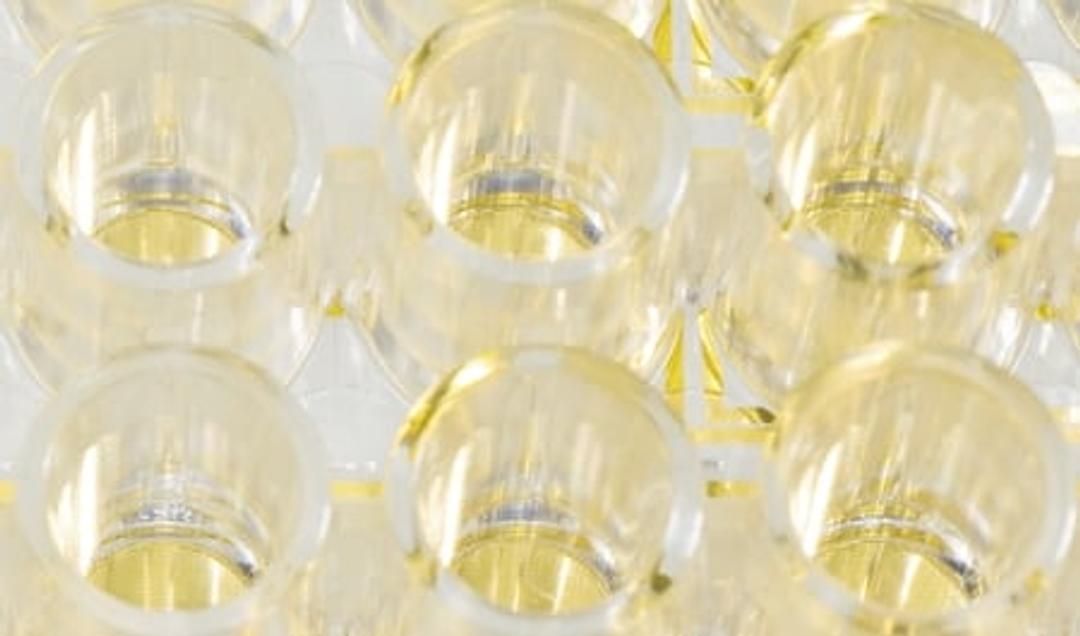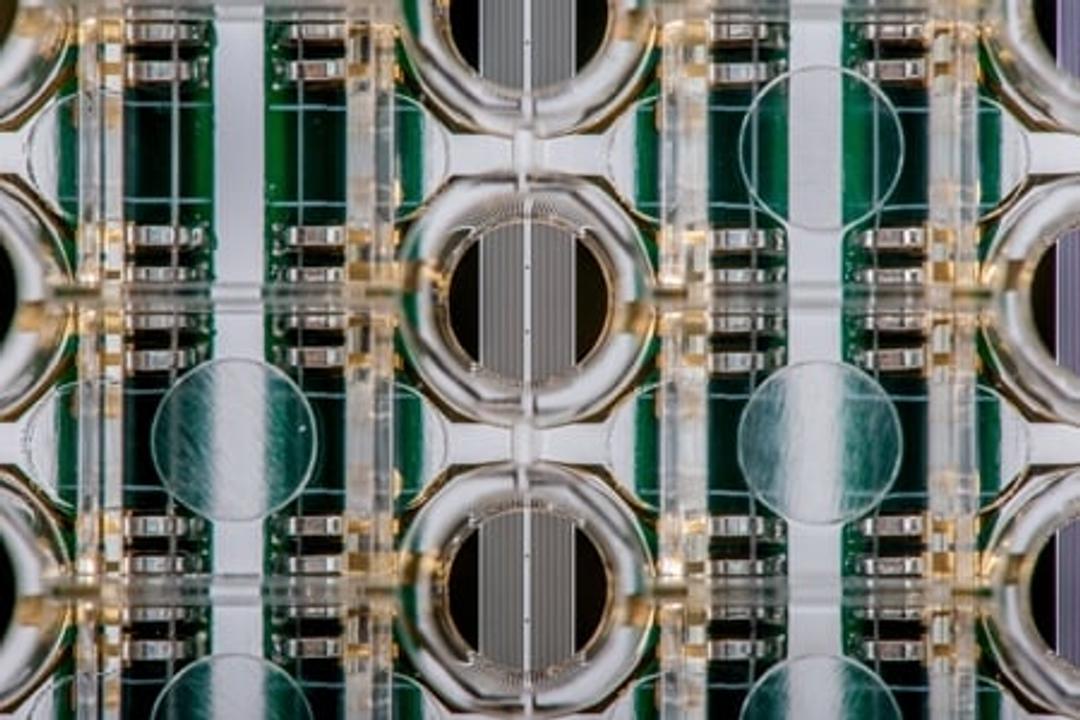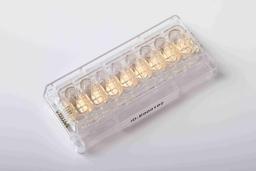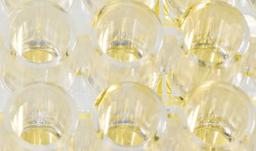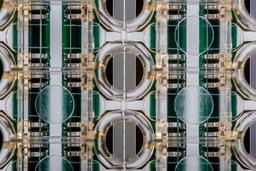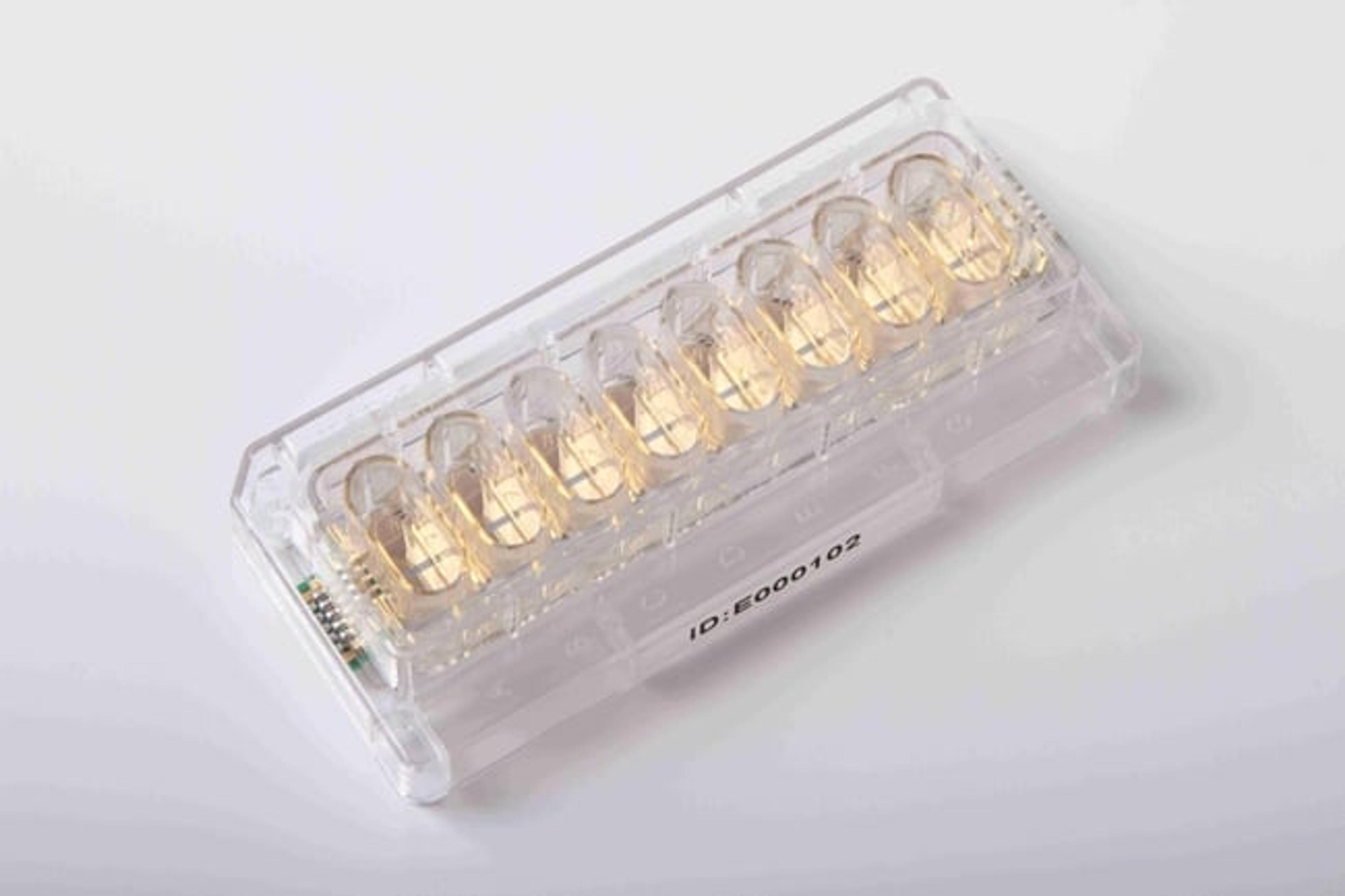E-Plates
Microtiter plates with integrated electronic biosensors for label-free real-time cell analysis.
It is essential for our work.
cytotoxicity testing for environmental water
It is easy to use. Results are consistent and repeatability is great. The rich data provides tons of information. It definitely worth the money.
Review Date: 19 Jul 2018 | Agilent Technologies
Designed specifically for use in ACEA’s xCELLigence® Real-Time Cell Analysis (RTCA) instruments, our electronic microtiter plates (E-Plates®) contain a gold microelectrode array in each well bottom.
Adhesion of cells to these gold surfaces has no impact on the cells, but impedes the flow of electric current through the array. It is this impedance signal which provides an extremely sensitive read out of cell number, cell size/morphology, and cell-surface attachment quality. The electrodes cover 80% of the surface area in each well bottom, providing an averaged assessment of the cell population as a whole. E-Plates are used with standard cell culture media formulations, are amenable to surface treatments such as coating with poly-L-lysine or fibronectin, and do not require special conditions/handling.
E-Plates are available in 8-, 16-, 48-, 96-, and 384-well formats and are constructed with either glass or plastic (polyethylene terephthalate, PET) well bottoms. The special E-Plate View format, in which a thin strip of electrodes is absent from the center of the wells (providing a viewing window), enables cell to be analyzed by both impedance and optical imaging in the same well. An available transwell device (the E-Plate Insert) contains a membrane with 0.4 mm pores and, when added to an E-Plate, enables assessment of co-culture effects.

